Bad Samaritans: The Guilty Secrets of Rich Nations and the Threat to Global Prosperity
What if those who claim to rescue the global poor are the very ones tightening their chains? Bad Samaritans rips away the moral façade of free-market evangelism, revealing a world where rich nations preach openness while guarding their own prosperity behind walls of hypocrisy. With sharp wit and unforgiving logic, it exposes the quiet sabotage embedded in economic advice—how development is stifled not by corruption or incompetence alone, but by the deliberate policies of those who “help.” Is the path to progress paved by imitation, or rebellion? This book dares readers to question the fairness of the global order—and to see who truly benefits when the powerful cry reform.
- Originally Published: 2007
- Publisher: Bloomsbury Publishing, 2008
- Genre: Non-fiction
- Pages: 288
- Book Type: Hardcopy
- ISBN: 9781905211371
- Access: Members
Description
It’s rare that a book appears with a fresh perspective on world affairs, but renowned economist Ha-Joon Chang has some startlingly original things to say about the future of globalization. In theory, he argues, the world’s wealthiest countries and supra-national institutions like the IMF, World Bank and WTO want to see all nations developing into modern industrial societies. In practice, though, those at the top are ‘kicking away the ladder’ to wealth that they themselves climbed.
Why? Self-interest certainly plays a part. But, more often, rich and powerful governments and institutions are actually being ‘Bad Samaritans’: their intentions are worthy but their simplistic free-market ideology and poor understanding of history leads them to inflict policy errors on others. Chang demonstrates this by contrasting the route to success of economically vibrant countries with the very different route now being dictated to the world’s poorer nations. In the course of this, he shows just how muddled the thinking is in such key areas as trade and foreign investment. He shows that the case for privatisation and against state involvement is far from proven. And he explores the ways in which attitudes to national cultures and political ideologies are obscuring clear thinking and creating bad policy. Finally, he argues the case for new strategies for a more prosperous world that may appall the ‘Bad Samaritans’.

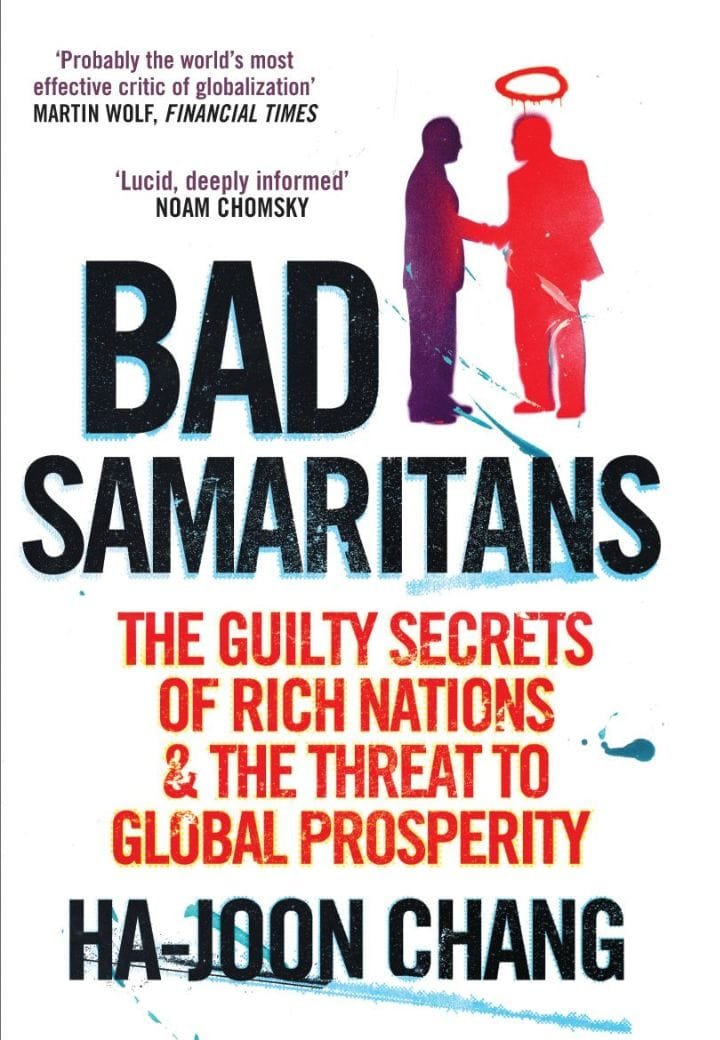
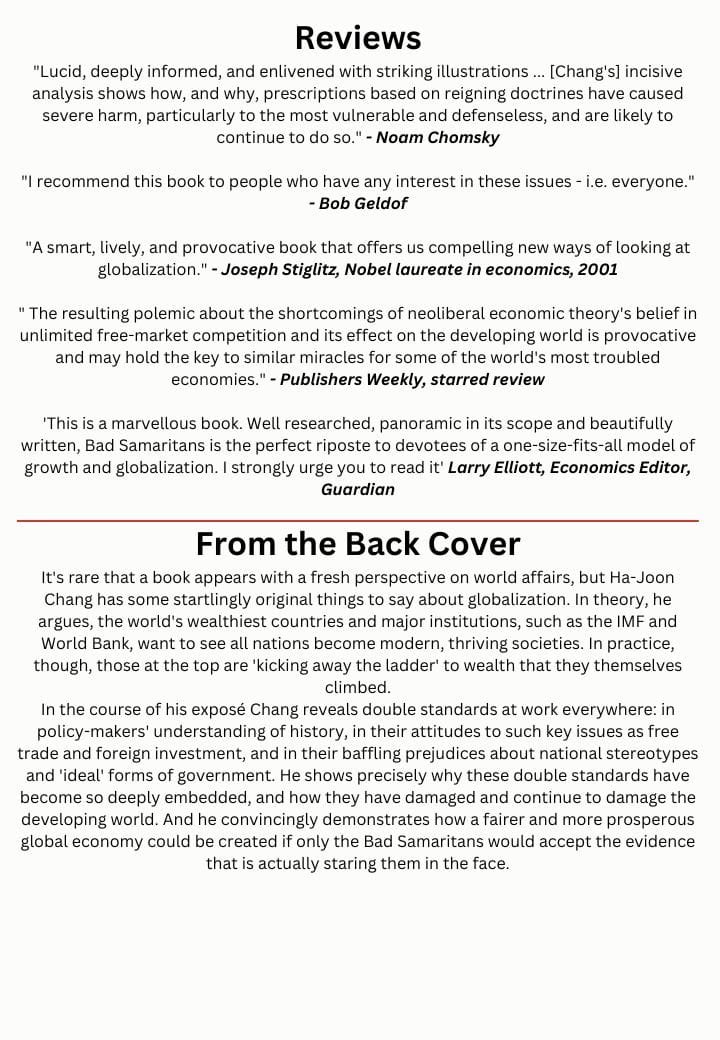

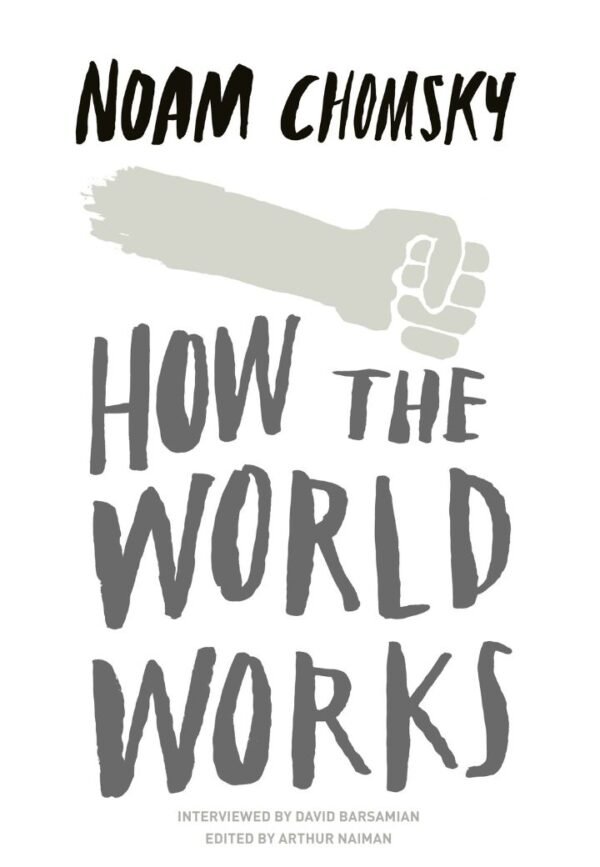

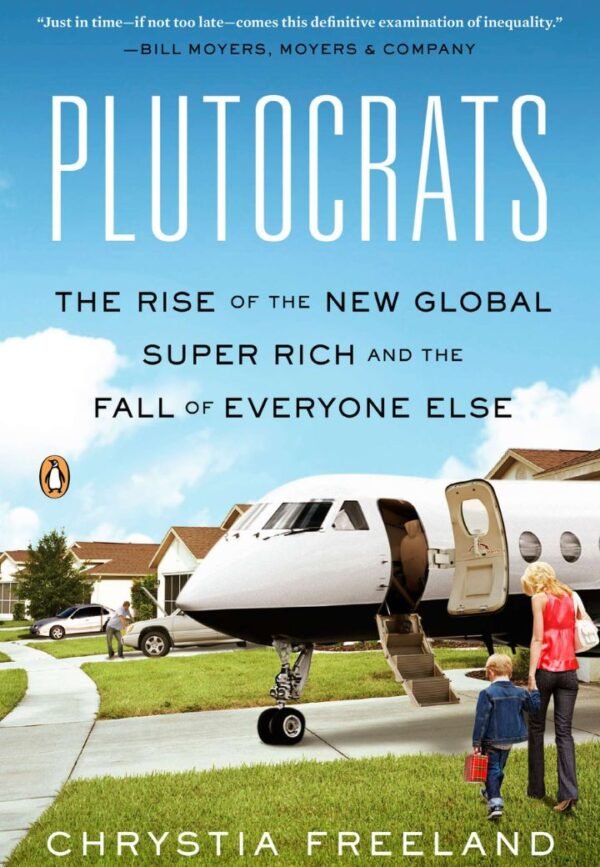
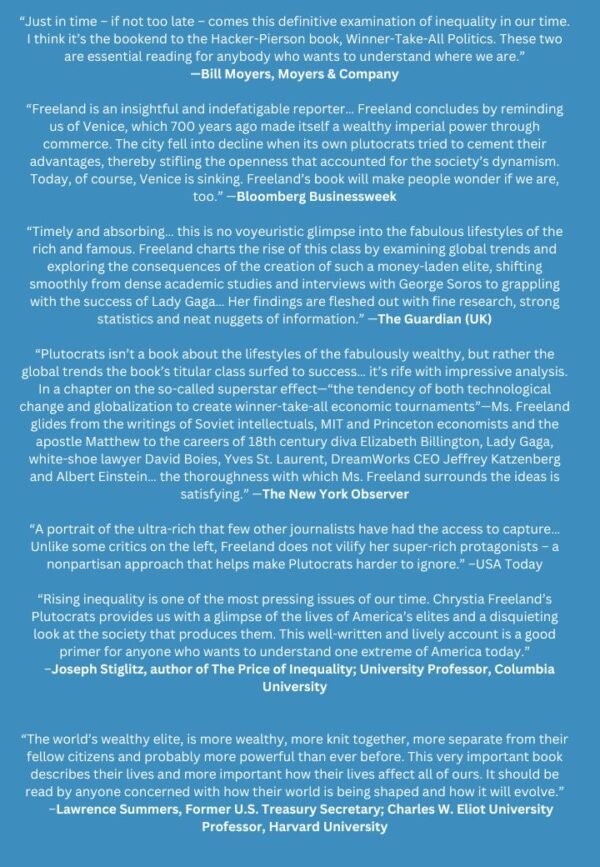

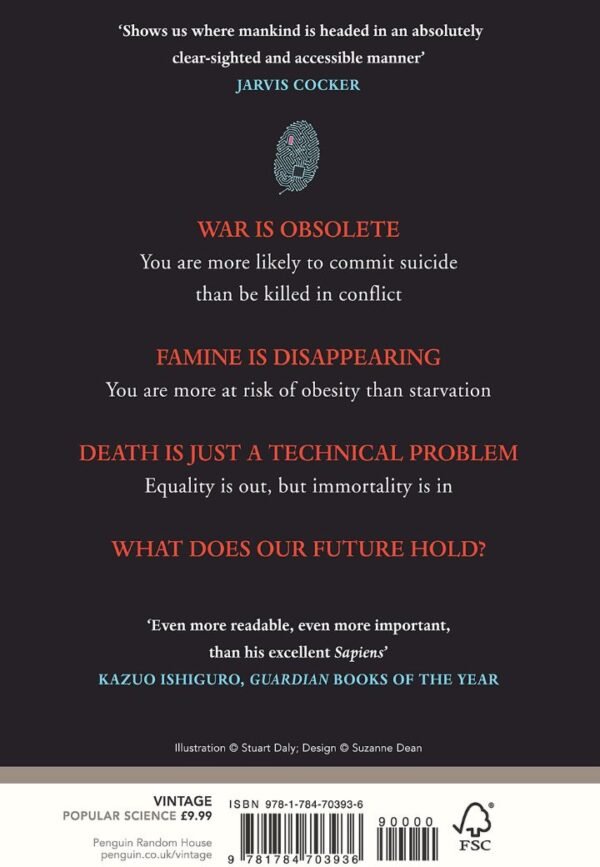
Reviews
There are no reviews yet.